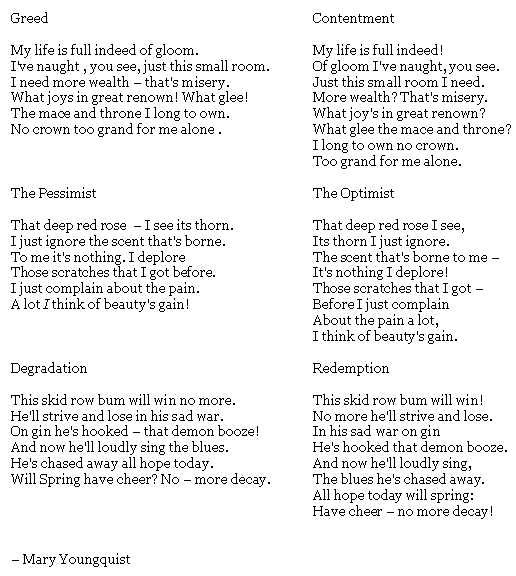hypnobate
n. a sleepwalker
In Fain v. Commonwealth, 78 Ky. 183, the defendant, a somnambulist, had gone to sleep in a public room in a hotel, and on being roughly awakened by a stranger, drew a pistol and killed him, imagining himself in danger. The court observed: ‘If the prisoner is and has been afflicted in the manner claimed and knew, as he no doubt did, his propensity to do acts of violence when aroused from sleep, he was guilty of a grave breach of social duty in going to sleep in the public room of a hotel with a deadly weapon on his person, and merits for that reckless disregard of the safety of others some degree of punishment, but we know of no law under which he can be punished. Our law only punishes for overt acts done by responsible moral agents. If the prisoner was unconscious when he killed the deceased, he cannot be punished for that act, and as the mere fact that he had the weapon on his person and went to sleep with it there did no injury to any one, he cannot be punished for that.’ Now, is a man who knows himself liable to violent attacks of insanity guilty of ‘a grave breach of social duty’ in not incarcerating himself in an insane asylum?
— Albany Law Journal, July 8, 1882




